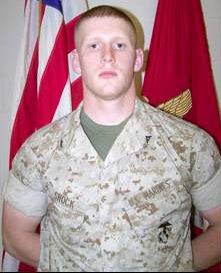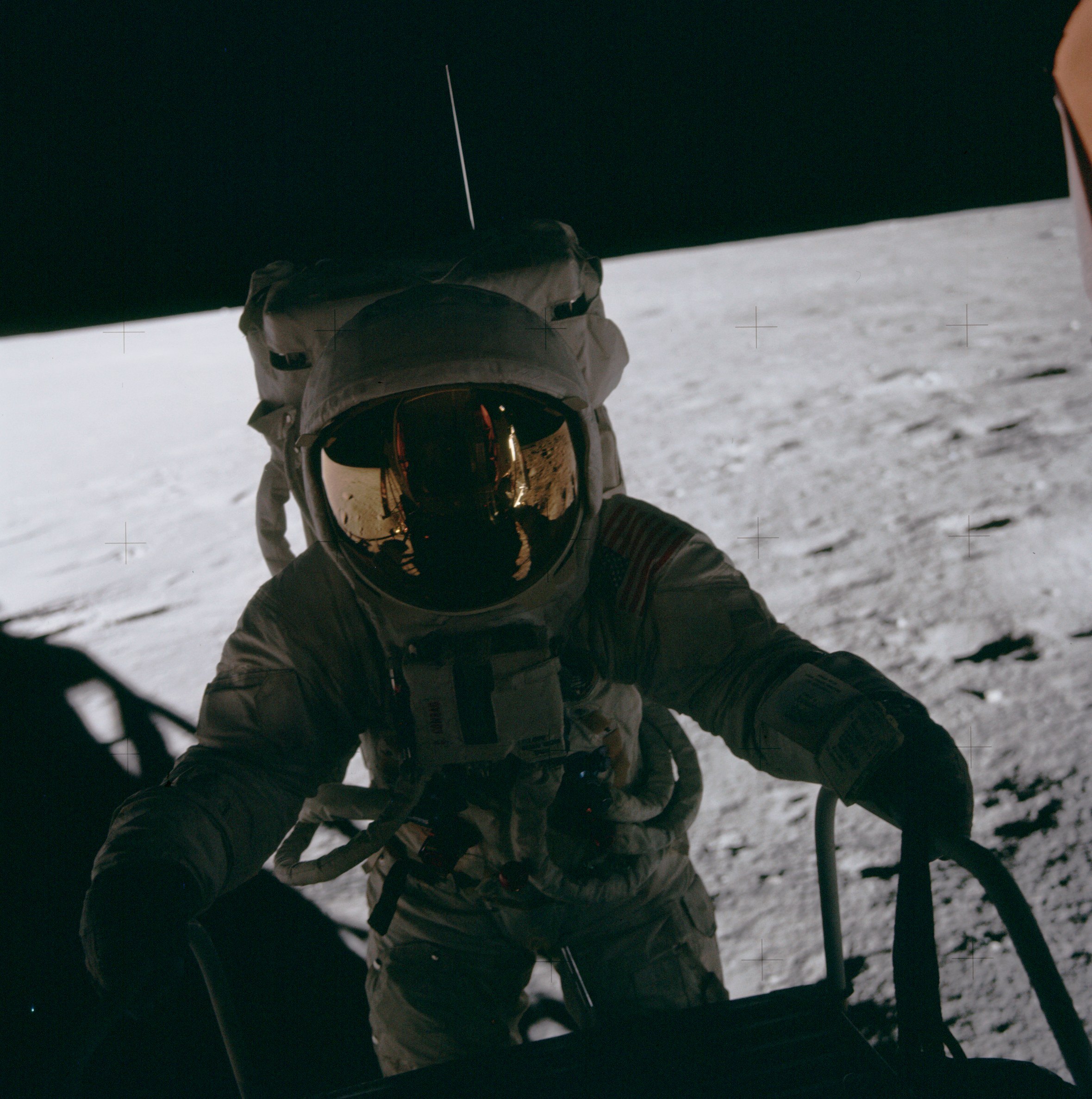 Today’s post is in honor of Marine Lance Cpl. Jeremy S. Shock, who died of wounds sustained in Iraq’s Anbar province on this day in 2006. The 22-year-old native of Tiffin, Ohio was assigned to 1st Battalion, 24th Marine Regiment, 4th Marine Division.
Today’s post is in honor of Marine Lance Cpl. Jeremy S. Shock, who died of wounds sustained in Iraq’s Anbar province on this day in 2006. The 22-year-old native of Tiffin, Ohio was assigned to 1st Battalion, 24th Marine Regiment, 4th Marine Division.
1863: Four months after the Battle of Gettysburg, President Abraham Lincoln addresses an audience with a brief speech honoring the fallen: “…we can not dedicate – we can not consecrate – we can not hallow – this ground. The brave men, living and dead, who struggled here, have consecrated it, far above our poor power to add or detract. The world will little note, nor long remember what we say here, but it can never forget what they did here. … we here highly resolve that these dead shall not have died in vain – that this nation, under God, shall have a new birth of freedom – and that government of the people, by the people, for the people, shall not perish from the earth.”
Lincoln’s Gettysburg Address (featured image) becomes one of the most famous speeches in American history.
1950: Maj. Gen. Oliver P. Smith’s 1st Marine Division fights arctic temperatures dropping to −35 °F, moving slowly towards North Korea’s Chosin Reservoir. Meanwhile, the Chinese 9th Corps Army closes in on the Americans from the north.
1967: During the Battle of Dak To, Chaplain (Maj.) Charles J. Watters, “with complete disregard for his safety, rushed forward to the line of contact. Unarmed and completely exposed, he moved among, as well as in front of the advancing troops, giving aid to the wounded, assisting in their evacuation, giving words of encouragement, and administering the last rites to the dying. When a wounded paratrooper was standing in shock in front of the assaulting forces, Chaplain Watters ran forward, picked the man up on his shoulders and carried him to safety. As the troopers battled to the first enemy entrenchment, Chaplain Watters ran through the intense enemy fire to the front of the entrenchment to aid a fallen comrade. A short time later, the paratroopers pulled back in preparation for a second assault. Chaplain Watters exposed himself to both friendly and enemy fire between the 2 forces in order to recover 2 wounded soldiers. Later, when the battalion was forced to pull back into a perimeter, Chaplain Watters noticed that several wounded soldiers were Lying outside the newly formed perimeter. Without hesitation and ignoring attempts to restrain him, Chaplain Watters left the perimeter three times in the face of small arms, automatic weapons, and mortar fire to carry and to assist the injured troopers to safety. Satisfied that all of the wounded were inside the perimeter, he began aiding the medics–applying field bandages to open wounds, obtaining and serving food and water, giving spiritual and mental strength and comfort. During his ministering, he moved out to the perimeter from position to position redistributing food and water, and tending to the needs of his men. Chaplain Watters was giving aid to the wounded when he himself was mortally wounded.”
Chaplain Watters was posthumously awarded the Medal of Honor.
1969: Apollo 12 astronauts Charles “Pete” Conrad Jr. (Cmdr., USN) and Alan L. Bean (Cmdr, USN) become the third and fourth humans to walk on the moon. Orbiting above in the command module is Richard F. Gordon Jr. (Cmdr., USN) The entire crew of Apollo 12 are former Naval aviators.

















